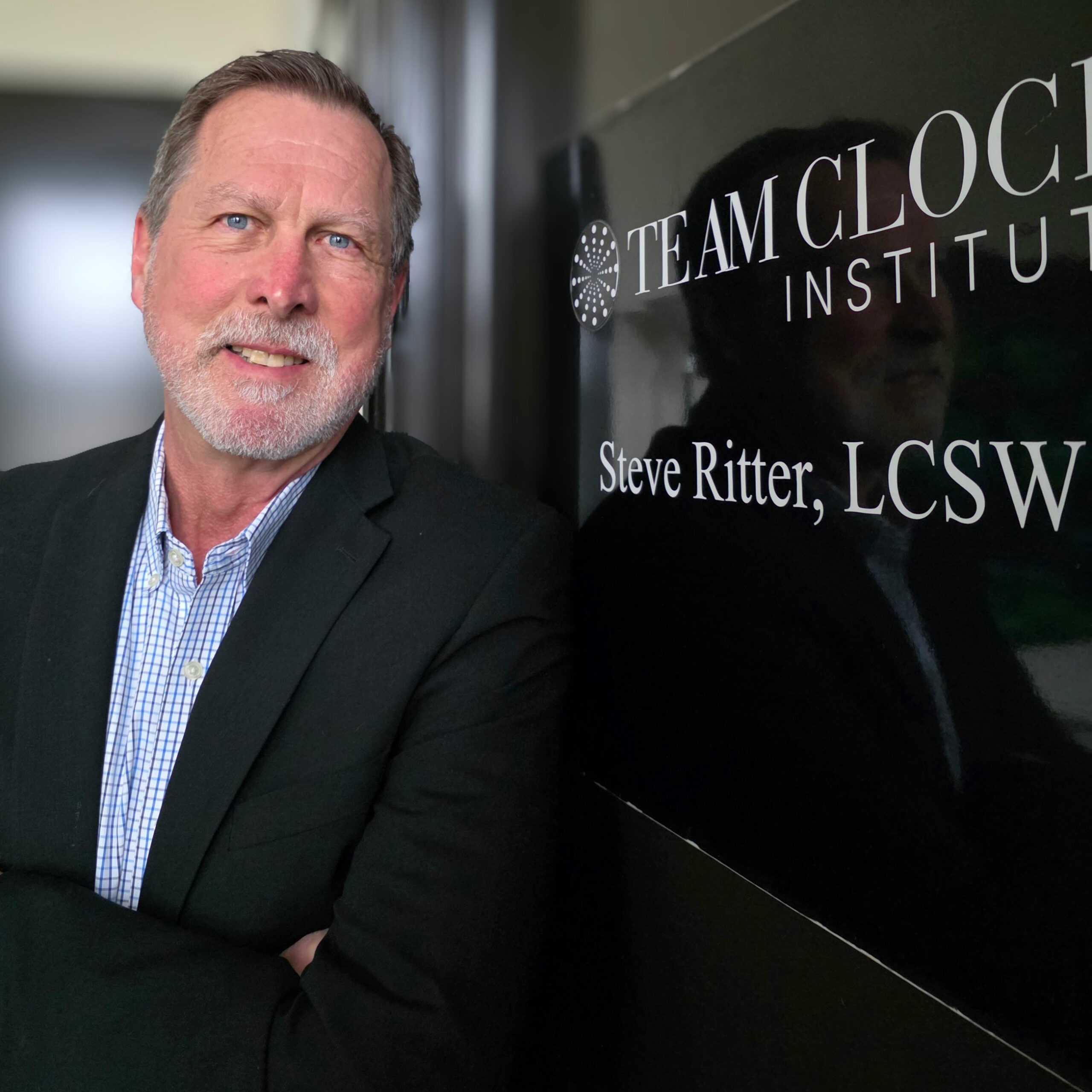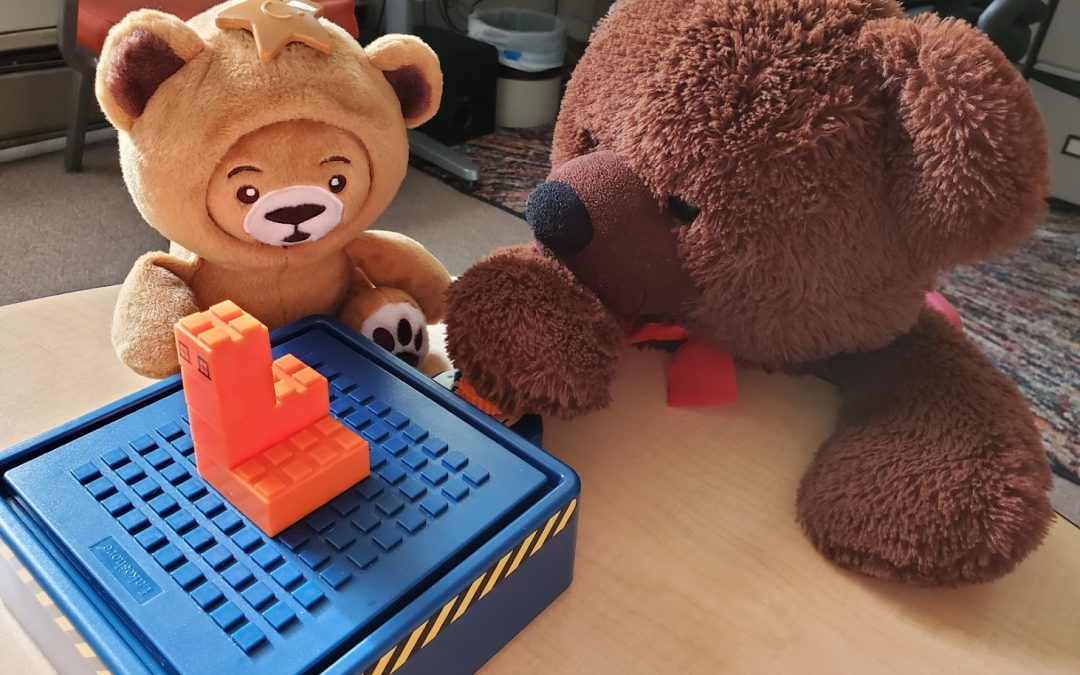
He Seemed So Happy
Everyone carries a burden. We live in a world where showing your pain is a sign of weakness, so most people’s burdens are not visible. Stanford University uses a duck as the metaphor for invisible effortlessness. The objective is to make accomplishment look easy so imagine the waterfowl gliding swiftly across the water while his webbed feet are paddling like mad, out of view, to move forward. Most people respond with “fine” when asked how they’re doing. Are they really fine?
Friends and family struggling with anxiety, depression, loss, failure, and tragedy often post happy images on their social media platforms. Granted, Instagram is not the appropriate place to share your woes. But where is? The therapists’ schedules at Elmhurst Counseling are filled with clients who have no other place to safely process adversity. We create a ‘holding environment’ for them to both vent and problem-solve. Clinical offices are blessed with the protection of confidentiality so the typical consequences of sharing your deepest, darkest thoughts and feelings are shielded.
Imagine an ecosystem where showing pain was a measure of strength. In this universe, looking a problem in the eye and understanding its source would take priority over making the symptoms go away. We would be encouraged to struggle and surround each other with whatever support was needed. This would become the platform upon which coping skills would develop. We would learn to manage difficulty by having difficulty.
The advent of psychotropic drugs in the 1980s ushered in an era of healthcare that focuses on symptom-reduction – shorter inpatient psych stays and fewer outpatient sessions approved. ‘Stabilize and refer’ replaced ‘diagnose and treat.’ Employers saved money, insurers made money, and families kicked the can of the problem down the road. Quick relief became the mantra.
There is now literally a pill for everything, and prescribers promise a happy, healthy life. Here’s the catch. If you just alleviate the symptom, the source goes unmanaged. As a result, the symptoms are certain to come back. You can drug them forever but they will always return. More importantly, every time you medicate the struggle, you reroute your emotional and cognitive development trajectory away from developing healthy coping skills. The medicine makes growth unnecessary – until your symptoms crop up in other places, of course.
We see plenty of adults with child-like coping abilities. Tantrums aren’t very effective when things don’t go your way. On the other hand, naming the problem and locating the resources to solve it works pretty well. And like most things, these dialogues work better with a trusted friend, family member, or counselor than they do alone with a mirror.
So, the next time someone who cares about you asks you how you’re doing, tell them.

About the Author
Steve Ritter, LCSW is the Founder and Executive Director of Elmhurst Counseling. He has served as a teacher, author, consultant, human resources director, health care administrator, and licensed clinical social worker since 1977. A fellow of the American College of Healthcare Executives, Steve has provided coaching, therapy and team development services to thriving schools, businesses and organizations.




